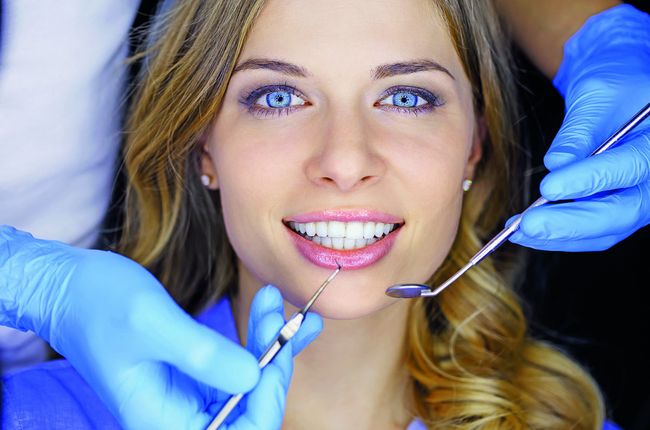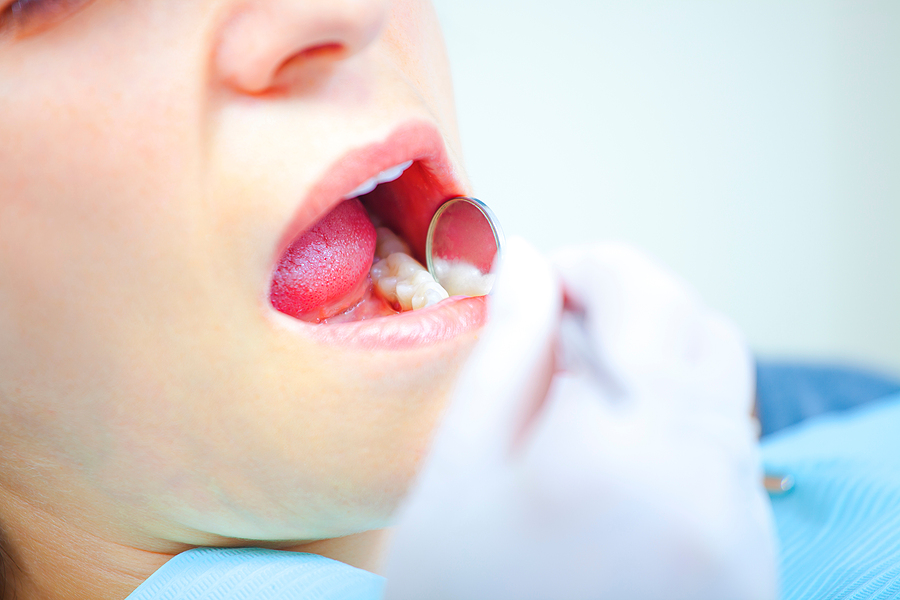![This is a thumbnail image of blog Cosmetic Restorations and Its Wonders This is a thumbnail image of blog Cosmetic Restorations and Its Wonders]()
Cosmetic Restorations and Its Wonders
Jun 09, 2022![This is a thumbnail image of blog Dental Care Tips For Halloween This is a thumbnail image of blog Dental Care Tips For Halloween]()
Dental Care Tips For Halloween
Oct 27, 2022![This is a thumbnail image of blog A Comprehensive Guide to Full-Mouth Reconstruction in Atlanta, GA: Restoring Your Smile and Oral Health This is a thumbnail image of blog A Comprehensive Guide to Full-Mouth Reconstruction in Atlanta, GA: Restoring Your Smile and Oral Health]()
A Comprehensive Guide to Full-Mouth Reconstruction in Atlanta, GA: Restoring Your Smile and Oral Health
Aug 05, 2024![Dental Bonding in Atlanta GA Dental Bonding in Atlanta GA]()
Transforming Smiles: Exploring the Wonders of Dental Bonding for Cosmetic Enhancements
Feb 12, 2024![This is a thumbnail image of blog What Are Dental Sealants and How Do They Work? This is a thumbnail image of blog What Are Dental Sealants and How Do They Work?]()
What Are Dental Sealants and How Do They Work?
Jan 22, 2025
Four Tips To Eliminate Bad Breath!

Four Tips To Eliminate Bad Breath!
Bad breath, or halitosis, can be embarrassing and affect your social interactions. It can also be a symptom of underlying dental or medical issues. Bad breath is most often caused by food particles that become stuck in your mouth. However, it may also be the result of poor oral hygiene, dry mouth, or a medical condition. Listed below are some steps you can take to get rid of bad breath.
Brushing and flossing your teeth
It is important to brush your pearly whites for at least two minutes at a time for the best results. Be sure to brush every surface of your teeth, including the inner and outer surfaces and the chewing surface. It is also important to clean between your teeth with a toothbrush or other small interdental cleaner at least once a day to remove plaque buildup and help prevent cavities from forming. Additionally, if you have bridges or braces, it is important to pay special attention to these areas as they can collect bacteria and food particles that will lead to bad breath if not cleaned properly. Make sure to give each tooth separate attention and use some gentle circles as you brush rather than scrubbing back and forth vigorously. If your gums bleed when you brush, talk to your prosthodontist about more sensitive products and techniques.
When brushing, make sure you are using a soft-bristled toothbrush and toothpaste that contains fluoride. Fluoride helps fight against tooth decay, so it is important to choose an appropriate product. In addition to brushing, be sure to floss at least once a day to remove any additional debris stuck between teeth. This helps to eliminate any odor-causing bacteria that could be building up in your mouth. Also, consider using an antimicrobial rinse that contains alcohol to help kill off excess microorganisms in hard-to-reach places in the mouth.
Brushing your tongue
On its own, brushing the tongue may not seem like a huge benefit to the overall health of your mouth – but you’d be surprised! The tongue accumulates a lot of bacteria and food debris throughout the day that can’t be removed with flossing alone. A clean tongue can help prevent bad breath and gingivitis. Plus, it’s more effective than just gargling with mouthwash. Be sure to use a soft-bristled brush or a tongue-scraper on your tongue, and teach your children how to do so as well.
Cleaning dentures and dental appliances
Dental appliances and dentures can harbor bacteria if not cleaned properly. Cleaning your dentures daily is important to avoid bad breath and other oral health issues. Soak the appliance in denture cleaner or water mixed with toothpaste for at least 5 minutes. Be sure to rinse well with clean water after cleaning. Do not use hot water, as it can warp your denture or cause discolorations. Gently brush the appliance with denture paste and rinse again. Store your denture in a special container overnight. Always remove your dentures at night to give your gums a rest from constant pressure. This can prevent sore spots where you previously wore your appliance.
Avoiding dry mouth
Saliva carries minerals that help neutralize odors caused by foods we eat and bacteria in our mouths. If your mouth is dry for some reason (from not drinking enough water throughout the day), it can cause bad breath, to occur. Drinking plenty of water can help prevent this from occurring.
A dry mouth is also commonly associated with several medical conditions. If you have a medical condition that causes dry mouth, you should talk to your healthcare provider about possible treatments. You should also tell your prosthodontist so they can help treat any resulting tooth decay that could occur due to your dry mouth condition.
If you don’t have any medical condition causing your dry mouth, here are some other tips you can try to avoid it. First, try to avoid mouthwashes that contain alcohol or peroxide because they can cause further drying of your mouth. Second, avoid using tobacco as it also causes dry mouth. And finally, avoid eating too many sugary or acidic foods that can also cause dry mouth.
If you try these tips and still find you have a dry mouth, you should speak with your prosthodontist to see if there are other treatment options available. For example, your prosthodontist may recommend using an over-the-counter oral rinse to help moisten your mouth.
The prosthodontist in Atlanta, GA, and the team are happy to explain the dental treatments offered at the practice in detail. If you would like to learn more about our dental services or dental care tips, we invite you to give us a call at (404) 255-4575 and schedule a consultation.
Office Hours
MON - THU7:30 am - 3:30 pm
FRI - SUNClosed












comments